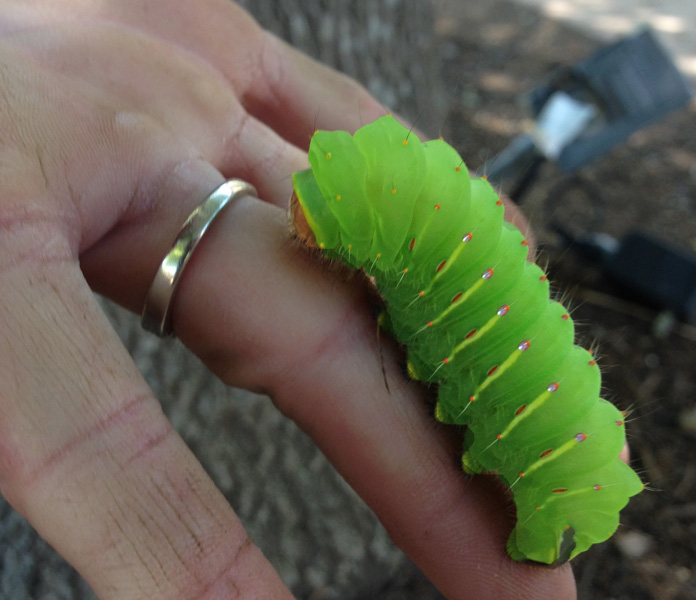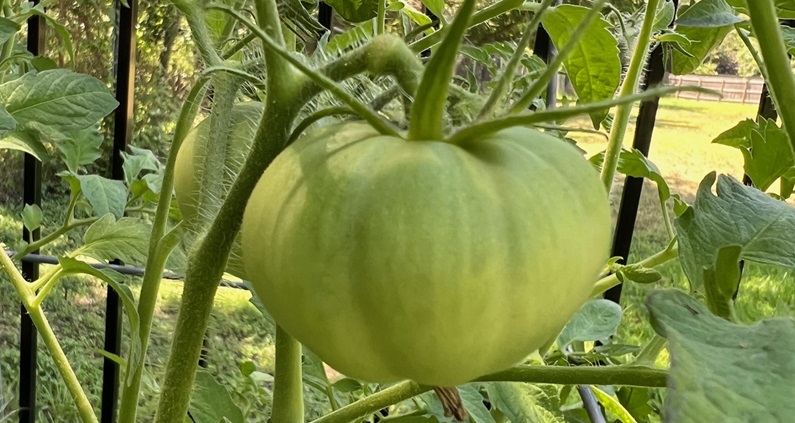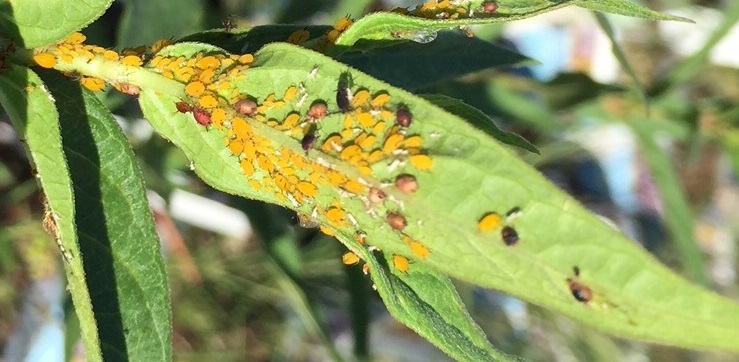Do You Have Insects in the Vegetable Garden?
As the temperatures warm, insects become more of problem in the home garden. We are seeing stink bugs hatching from their eggs, spider mites sucking sap from plant cells, and caterpillars munching on our crops!
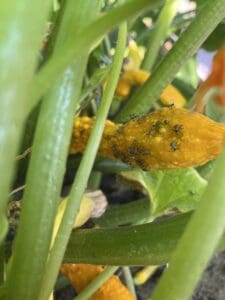
Stink bugs are most easily controlled when they have just hatched and are in the “nymph” stage. Actually, they are most easily controlled when they are eggs, and you can simply pick them off the leaf and place in a can of soapy water! The eggs are laid in groupings on leaves and look like little “barrels” clustered together. Here is a link to photos to help you identify them:
http://entnemdept.ufl.edu/creatures/veg/bean/brown_marmorated_stink_bug.htm
Stink bugs are difficult to control once they reach the adult stage, so watch carefully to intercept the eggs or nymphs. Control nymphs with insecticidal soap, pyrethrins or azadiractin.
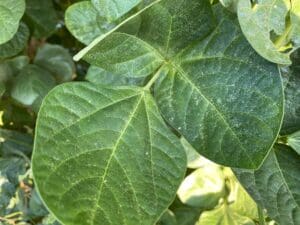
Spider mites are very tiny sucking insects in the Arachnid or spider family. They pierce plant tissue with their mouth-parts, removing the chlorophyll from the leaves and leaving empty cells behind. This make the leaf appear dusty, or “stippled”. They usually feed from the bottom of the leaf, and if there are a lot of them you may see webbing on the leaf. Here is a link to photos and more info:
http://aggie-horticulture.tamu.edu/organic/files/2011/03/spider_mites.pdf
In the “old days” we used to blast water on the undersides of the leaves to wash them off. This method still works, but we also have organic products to help control them. Insecticidal soap, neem oil and spinosad are useful for controlling mites.
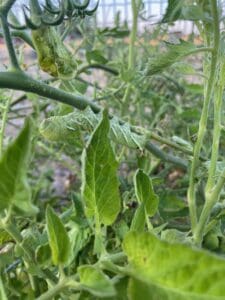
Caterpillars are a problem on a host of vegetables. The tomato hornworm is a very large caterpillar that can devastate a tomato overnight! Keep an eye out for these behemoths:
 Controlling caterpillars is fairly easy to do, but preventative controls work best. Of course, you can always pick them off, but by the time you find them, they have probably done a lot of damage. If you get in the habit of spraying an organic control such as Bt, or Bacillis thurengiensis, on a weekly basis in your garden, you will seldom find caterpillars. Bt is a biological control that only affects the digestive system of caterpillars. It does not harm beneficial insects or bees. If ingested when the caterpillar is young, it usually dies in 1-3 days, although feeding is slowed immediately.
Controlling caterpillars is fairly easy to do, but preventative controls work best. Of course, you can always pick them off, but by the time you find them, they have probably done a lot of damage. If you get in the habit of spraying an organic control such as Bt, or Bacillis thurengiensis, on a weekly basis in your garden, you will seldom find caterpillars. Bt is a biological control that only affects the digestive system of caterpillars. It does not harm beneficial insects or bees. If ingested when the caterpillar is young, it usually dies in 1-3 days, although feeding is slowed immediately.
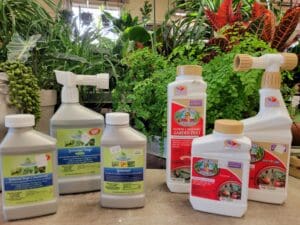
Spinosad is another organic control for caterpillars, but it will harm other soft-bodied insects and bees. If you use Spinosad, spray it when the bees are not active, in the evening or early in the morning. Again, try to spray preventatively this time of year, or at the first sign of holes in the leaves.

